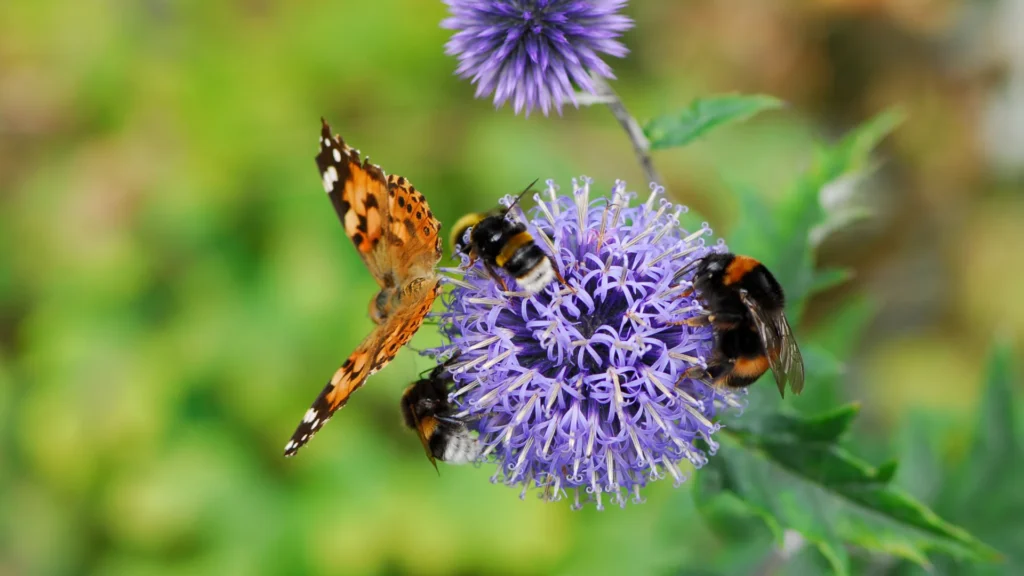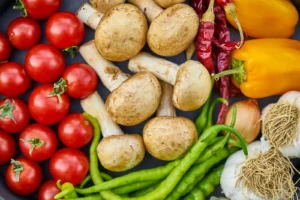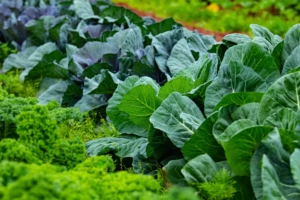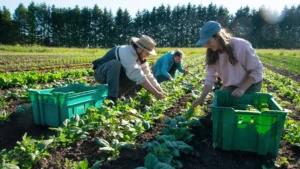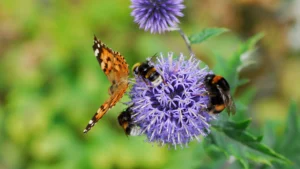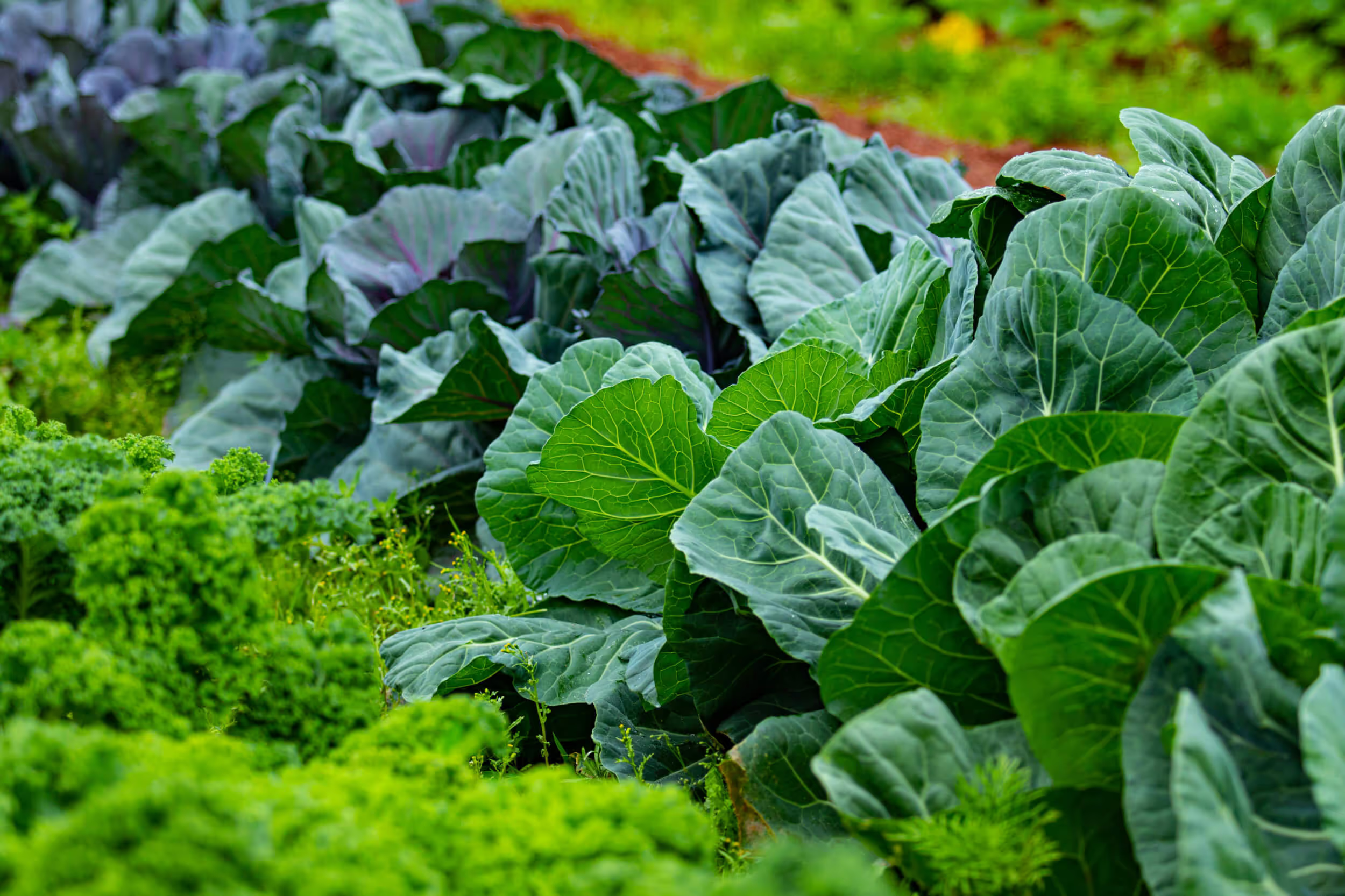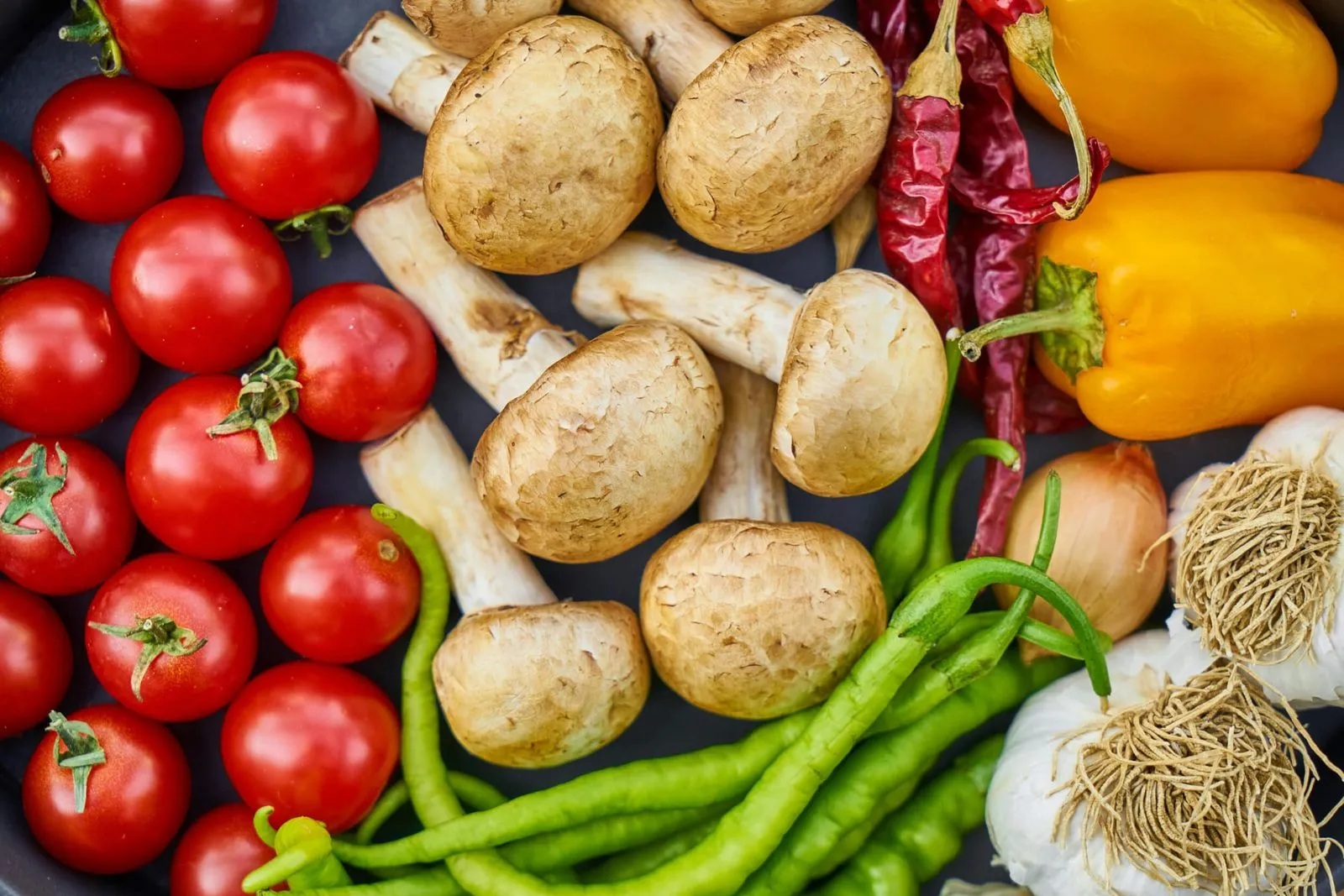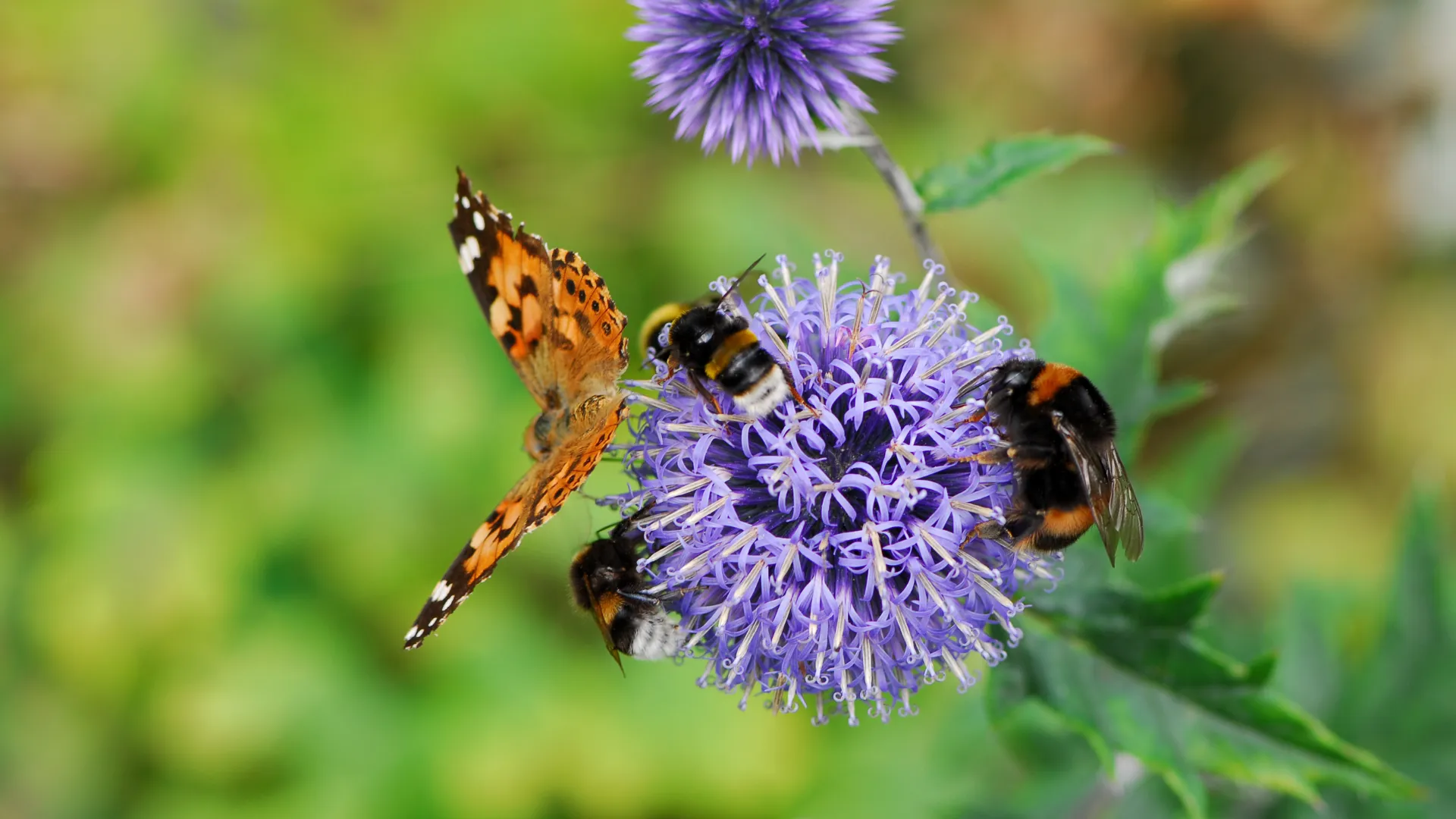Farming has always been deeply connected to nature’s rhythms. Every season brings its own challenges and opportunities, requiring farmers to adapt their techniques and strategies to ensure sustainable and productive yields. At Garden for Life, we emphasize organic farming practices that work in harmony with these natural cycles, helping farmers all around the world cultivate healthy, resilient crops.
Understanding Seasonal Changes in Farming
Each season has a distinct impact on agricultural activities. Understanding how these changes affect crops, soil, and pest populations allows farmers to plan effectively and maximize their yields sustainably.
- Spring: The season of renewal, spring is when farmers prepare their fields, plant seeds, and nourish young plants. Warmer temperatures and increased rainfall promote growth, but farmers must also manage early pest outbreaks and fluctuating weather conditions.
- Summer: Growth is in full swing during the summer months. Farmers focus on irrigation, pest control, and soil management to ensure crops receive adequate nutrients and water. Longer daylight hours allow for intensive growth, but extreme heat and drought pose significant challenges.
- Autumn: The harvest season is the reward for months of hard work. Farmers carefully collect, process, and store their produce while also preparing fields for the next cycle. Cover crops and composting help restore soil health during this time.
- Winter: While many farms experience dormancy in winter, this season is crucial for soil regeneration. Farmers use this time to plan, repair equipment, and implement sustainable soil conservation techniques such as mulching and crop rotation.
Organic Farming Practices Aligned with Nature
Adapting to nature’s cycle is easier when farmers use organic methods that work with the environment rather than against it. Here are some key practices that help farmers adjust to seasonal rhythms:
1. Crop Rotation and Diversity
Rotating crops each season improves soil health and disrupts pest life cycles. Diverse planting also ensures that different nutrients are replenished in the soil, reducing the need for chemical fertilizers.
2. Composting and Natural Soil Enrichment
Using compost and organic matter improves soil structure and fertility. Seasonal composting helps maintain a nutrient-rich environment for crops throughout the year.
3. Water Conservation and Irrigation Management
Different seasons require varying levels of water management. Farmers use techniques like drip irrigation, rainwater harvesting, and mulching to ensure efficient water use without depleting natural resources.
4. Seasonal Pest Control
Pest populations change with the seasons. Farmers can encourage beneficial insects, use companion planting, and apply organic deterrents such as neem oil to manage pests naturally without harming the ecosystem.
5. Greenhouse and Shelter Farming
To extend growing seasons and protect crops from extreme weather, many farmers use greenhouses, shade nets, and protective covers to maintain stable growing conditions year-round.
Embracing Traditional Knowledge and Modern Innovations
Many organic farmers rely on a combination of traditional wisdom and modern sustainable techniques to navigate seasonal changes. Indigenous agricultural practices, such as lunar planting calendars and agroforestry, provide valuable insights into working with nature. Meanwhile, technology like weather forecasting and soil monitoring tools help farmers make informed decisions about planting and harvesting.
The Future of Seasonal Farming
With climate change altering traditional seasonal patterns, organic farmers must remain adaptable and resilient. Sustainable farming techniques, community knowledge-sharing, and global initiatives like Garden for Life help farmers worldwide continue to grow nutritious food while protecting the planet.
By understanding and respecting nature’s cycles, farmers can create a sustainable future for agriculture. Adapting to the rhythms of the seasons not only ensures successful harvests but also strengthens the connection between people, food, and the environment.
At Garden for Life, we encourage farmers to embrace organic methods that work in harmony with nature, ensuring a bountiful harvest year after year. Are you ready to cultivate your land with nature’s rhythm in mind?


